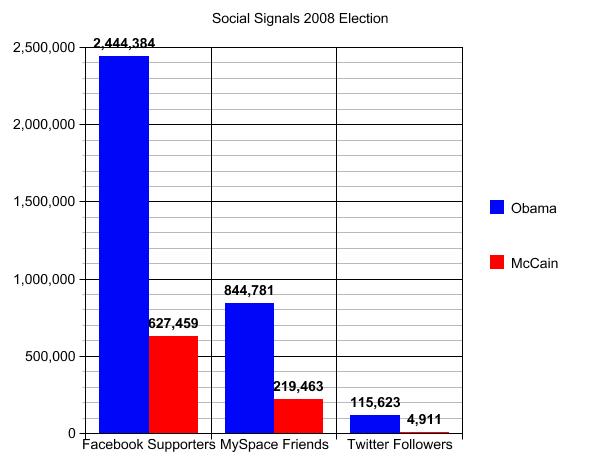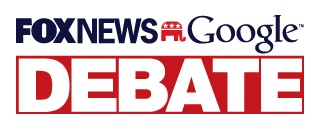Less than seven years ago, the 2004 presidential campaigns were gearing up for heated rhetoric battles and mud-slinging. Unfortunately for the candidates, they would never maximize their messages through the usage of social media. The 2004 presidential election was less than seven years ago, but the role internet plays in each election cycle has changed drastically since that time.

The first time social media and online presence were effectively leveraged during a presidential campaign was during the 2008 election cycle. President Obama did an excellent job disseminating information and raising funds through the direct usage of YouTube, Facebook, and Twitter. In addition, he encouraged internet users worldwide to blog and post on his behalf. Senator McCain, who did not have an effective social media strategy, was not able to achieve the same levels of financial support or information dissemination as his rival. Ultimately, President Obama won both the social media battle and the general election handily.
To see the impact of social sites and media on the 2012 presidential race, one must look only as far as the next debate. The September 22nd debate, which will take place in Orlando, is encouraging users to submit the candidates with YouTube videos or textual questions related to debt, healthcare, foreign policy, environmental issues, immigration, jobs, or the economy. After the questions are submitted, YouTube users can vote on whether or not they would like the candidates to answer that question. Also, Fox will be presenting Google search trends in order to help candidates better understand the context of each question.

The presidential primary debates are only one of the many ways that social networking will influence the election. Each 2012 presidential candidate should treat their online strategy as if the entire presidential bid depends on it – it probably does!




![[SEO, PPC & Attribution] Unlocking The Power Of Offline Marketing In A Digital World](https://www.searchenginejournal.com/wp-content/uploads/2025/03/sidebar1x-534.png)